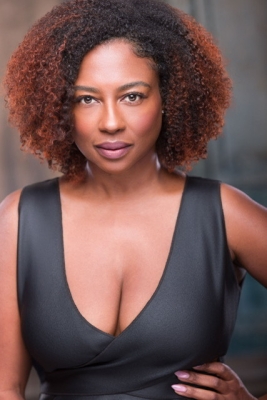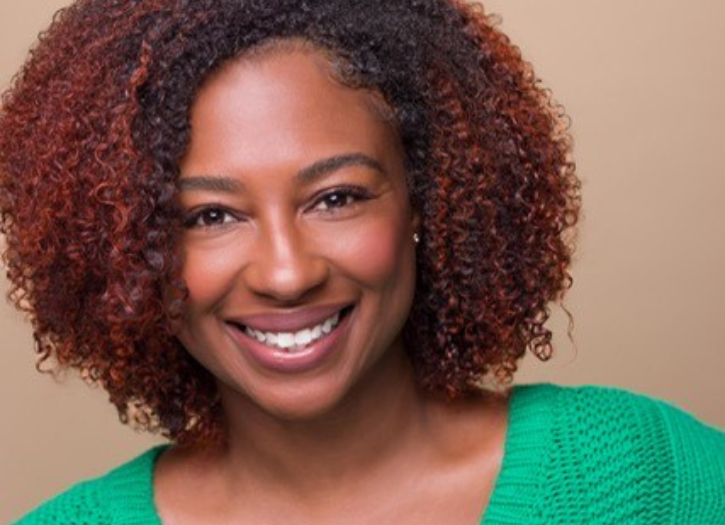In an industry that thrives on projection, where personas are often sculpted more carefully than performances, Shani Shockley is quietly carving out a space defined by truth. The Los Angeles-based actress, producer, and certified doula is not just inhabiting roles — she’s embodying purpose.
Most audiences will recognize her from recent screen work: the heartfelt and humorous Churchy (2024), a dramedy that touches on faith, identity, and the messiness in between; the hauntingly vulnerable LIVE FEED: Breakdown, a web series that confronts emotional unravelling with striking intimacy; and Save A Life (2022), where her performance reveals the delicate tension between urgency and empathy. These projects differ in genre and tone, but Shani’s work remains consistent — there is no pretense, no artificiality. She brings a rawness to her characters that feels lived-in and emotionally present, the kind of work that lingers with you long after the screen goes black.
Yet to define her simply as an actress would be reductive. Shani Shockley is building a multifaceted career rooted in empathy, advocacy, and healing — and the screen is just one of many places she chooses to show up.
Off-screen, she has cultivated a parallel path that’s just as powerful. As a certified doula and a committed member of Mocha Moms, Shani has become an unwavering voice in the fight for Black maternal wellness. In the United States — where Black birthing people are still disproportionately affected by reproductive health disparities — her work is both deeply personal and culturally essential. Through education, advocacy, and hands-on support, she is actively reshaping the narrative around what it means to give birth safely and with dignity. Her work is not limited to crisis response — it’s preventative, restorative, and holistic. She champions joy in birthing. Autonomy. Safety. Respect. These are radical acts in a system that too often offers Black mothers none of the above.

What’s most compelling is the synergy between her creative and care-centered work. At first glance, acting and doula care might seem worlds apart. But for Shani, they exist in conversation with one another. Both require presence. Both ask for vulnerability. Both demand the ability to hold emotional complexity with grace. Whether she’s stepping into a scene or stepping into a delivery room, Shani brings the same core ethos: to witness without judgment, to hold space with intention, and to serve as a mirror for another’s truth.
This extends into her work with wellness collectives centered on women of color. For Shani, wellness is not commodified self-care, but something deeper — a political and personal reclamation. She engages with spaces that amplify healing as a collective act: physical, mental, and emotional restoration for Black and Brown women whose needs have too often been neglected or ignored. Her work is rooted in community, whether that community is found in a room full of mothers, on the set of an indie shoot, or inside virtual spaces carved out for education and advocacy.
In a city like Los Angeles — one that demands constant motion and often rewards burnout — Shani’s commitment to balance is itself revolutionary. She’s intentional about slowing down when needed, protecting her peace, and embracing rest not as laziness but as restoration. She understands that the work she does, both as an artist and as a birth worker, cannot happen from a place of depletion. Rituals of care — both private and communal — are not just part of her life, they are the infrastructure beneath her success.
And success, for Shani, doesn’t just look like billboards or breakout roles (though those are certainly within reach). It looks like shifting narratives. It looks like showing up with purpose. It looks like helping other Black women feel safe, seen, and supported — whether in a hospital room or a holding room on set.
She’s not simply moving through Hollywood. She’s remapping it — one birth, one story, one act of care at a time.
*Shani is represented by Kia Todd Talent Agency and Sheila Legette Management.
Photo Credits: Photos by Jamaal







Add Comment
You must be logged in to post a comment.